Black History Month: How Merry Clayton's voice served Ray Charles, The Rolling Stones and then herself
- Oops!Something went wrong.Please try again later.
- Oops!Something went wrong.Please try again later.
For Black History Month, we're sharing stories of overlooked entertainment trailblazers who made great strides and historic contributions to film, TV, music, literature and more.
It might be easier to name a legendary musician who Merry Clayton has not worked with than to list the many great artists she has collaborated with, which include Ray Charles, The Rolling Stones and Lynyrd Skynyrd.
At a time when rock legends desired the depth and richness of velvety gospel voices in their music, they leaned on background vocals from Black women. Clayton, who often sat next to legendary gospel singer Mahalia Jackson at her father's church, grew up to be one of those voices.
In addition to using Jackson as a vocal muse, singer Della Reese was her godmother. Her first job was with "Splish Splash" singer Bobby Darin, and her first full-time gig was alongside Charles as a "Raelette." The Stones' "Gimme Shelter" and Skynyrd's "Sweet Home Alabama" would also later call on Clayton's robust vocal talent.
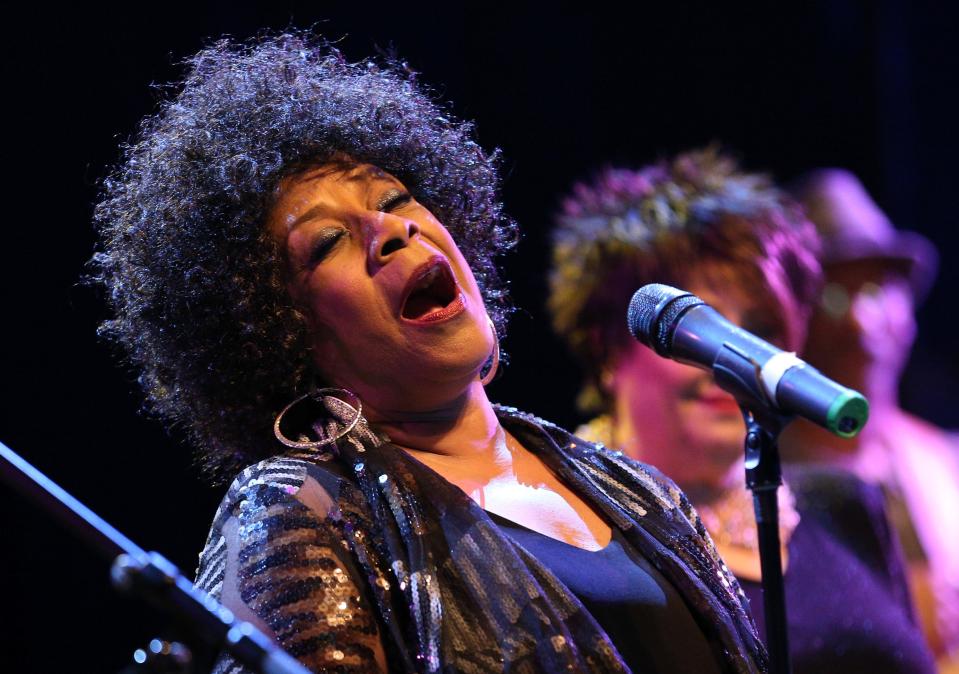
Often hidden in liner notes, her name was brought to the spotlight in Oscar and Grammy-winning film "20 Feet from Stardom," a documentary released in 2013 highlighting the experiences of backup singers, including Clayton. Three months after the film won an Oscar, Clayton lost both her legs in a near-fatal car crash. According to her manager, after being told about the amputation, Clayton replied: "But I still have this voice."
"Life is filled with some ups and some downs," Clayton, who released her "Beautiful Scars" album in April, tells USA TODAY. "But that does not dictate who you are."
Clayton's background vocals lifted music legends to success, then later lifted herself to healing.
This is her story.
Clayton started singing by mimicking Mahalia Jackson
Jackson, who encouraged Martin Luther King Jr. in 1963 to "tell 'em about the dream" at the March on Washington, also encouraged a young, impressionable Clayton to sing.
Clayton says Jackson was "great friends" with her parents and would "intimately drop in" for Sunday morning service at her father's New Orleans church. The 73-year-old songstress recalls running over to the woman her family called "Hailey" to sit beside her and lay on her shoulder.
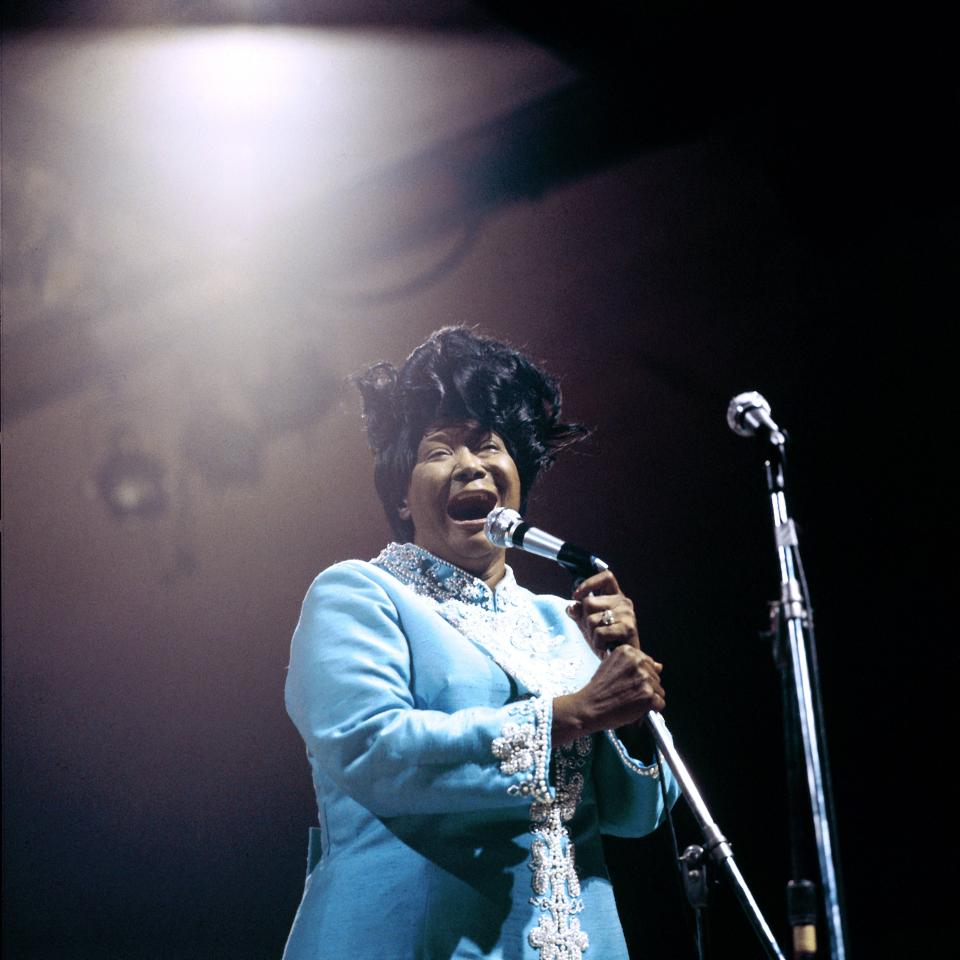
"She was such a queen to me," Clayton says. "So when I first met her as a little kid, everything she would sing, I would copy her."
Clayton says she would go home and mimic Jackson's singing theatrics. Her family would laugh watching a young girl mime the actions of a much more mature woman, but the punchline would later become Clayton's career.
"I knew Rev. Franklin. I knew Aretha (Franklin) as a kid," Clayton says "But it was just Mahalia Jackson, for me."
Clayton's voice levied public success, personal tragedy
After years of singing in church, Clayton dipped her toe in secular music. She was first signed to Capitol Records to work with Darin, who was inspired by her voice. Clayton later landed her "first paying" gig as one of Charles' backup singers.
Hallowed Sound: The roaring nights that shaped American music
After her stint with the "Raelettes," Clayton, who was pregnant and sleeping at home, was called into the studio in the middle of the night to lend her voice to what would be The Rolling Stones' 1969 hit song "Gimme Shelter."
She resisted the call but eventually gave in to help "the boys." When she arrived to the studio she was asked to sing the heavy, dark chorus alongside Mick Jagger: "Rape, Murder. It's just a shot away."
Black History Month: See the Black trailblazers in entertainment, from Oprah to Beyoncé
"She turned up in her curlers, she was in bed and she got out of bed. And it was kind of a raunchy part to sing," Jagger recalled in "20 Feet." "She sings the lyrics right along with me and with a lot of personality, which is what was needed."
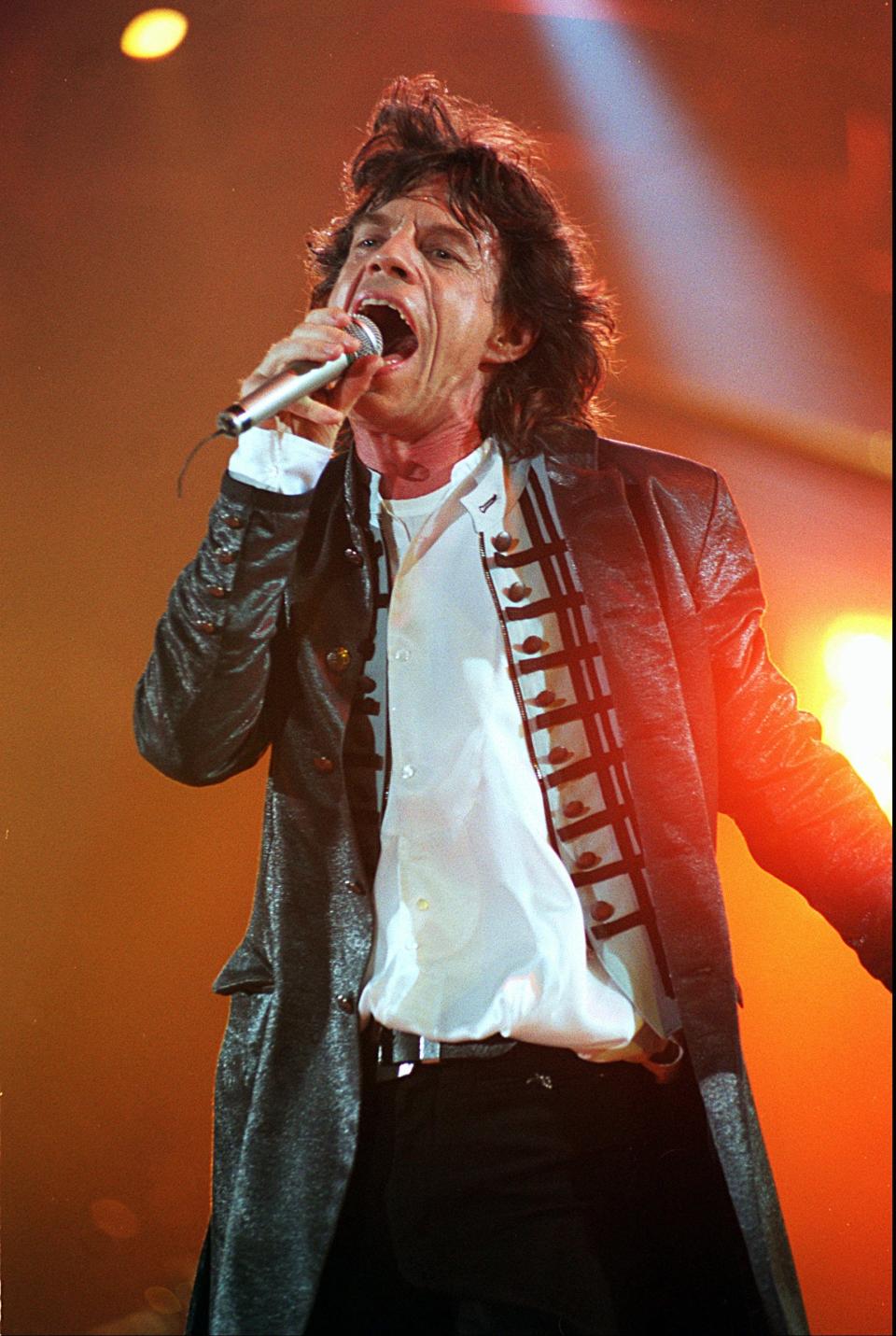
The day after recording "Gimme Shelter," which Rolling Stone ranks as the band's best song, Clayton suffered a miscarriage.
In April, she told The Guardian the session and memory of it all "left a dark taste" in her mouth. "It was a rough, rough time.”
"People are going to ask you 'Well Ms. Merry, how was recording 'Gimme Shelter?' And I'd look at them and say 'hard,' " Clayton says. "You don't really feel like sometimes telling that same story over and over and over again."
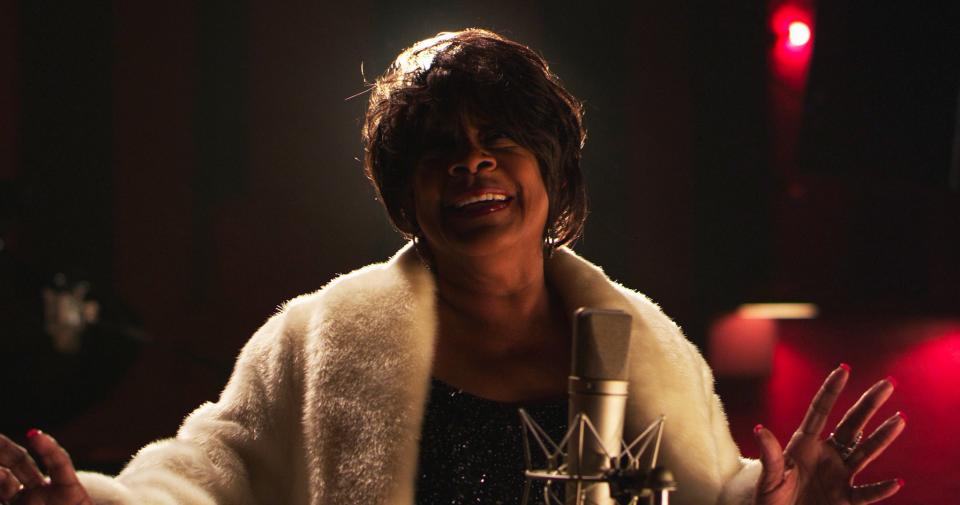
Clayton's 'Beautiful Scars' and healing with music
After backing vocals for so many, Clayton churned out her own music. She landed a Grammy nomination in 1972 for her recording of "Oh, No Not My Baby" with Carole King, two years after her debut album "Gimme Shelter," which housed her own rendition of the Stones' song. She recorded three more albums before releasing 2021's "Beautiful Scars."
Clayton calls the recent album a project to "give glory and honor and thanksgiving to God" after recovering from her 2014 accident.
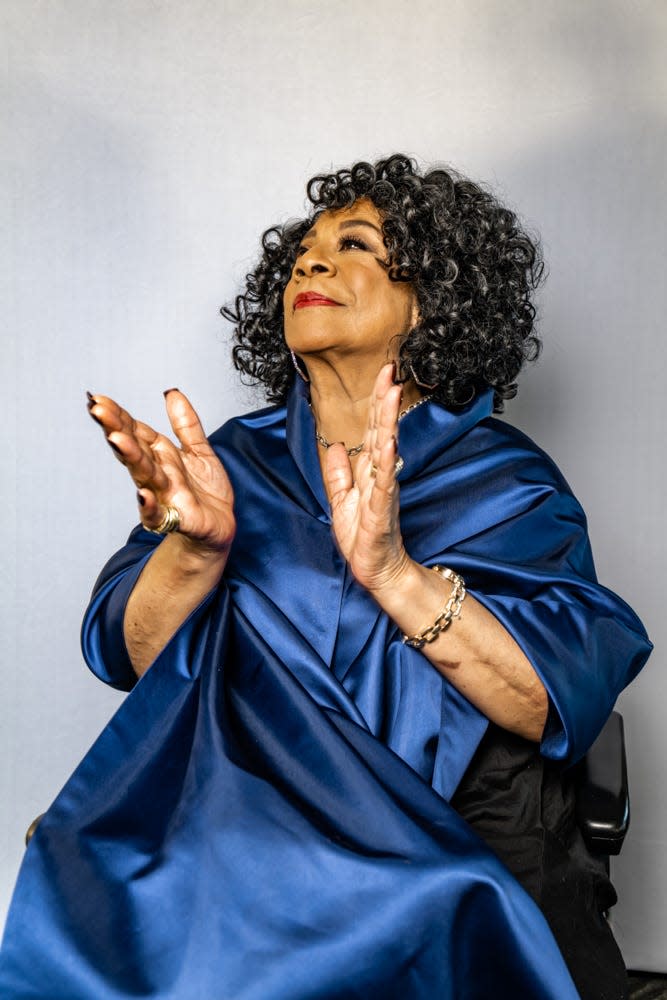
After doctors informed her about the loss of her legs, she broke into song in the hospital singing "I Can Still Shine," a record Ashford & Simpson wrote for her for the 1987 movie "Maid to Order."
"That just came up in my spirit," Clayton says. Award-winning producer Lou Adler, who she calls "Uncle Lou," called her every day while hospitalized to encourage her to sing and maybe record an album.
"What he was doing was giving me something to look forward to," Clayton says, which was important "especially after you have been through what I had gone through."
In 2021 the singer's name popped up in headlines: This time not for tragedy, but instead to celebrate her God-driven album with interviews, TV appearances, and intimate performances with NPR's Tiny Desk and on "Jimmy Kimmel Live."
"Music is healing to people, you know, whether people believe it or not," Clayton says.
Through all the years of her career and for the years to come, Clayton says she hopes her voice "blessed and encouraged" others. "I just hope that I've been able to, you know, truly just bless people, and let them know that everything's gonna be OK."
This article originally appeared on USA TODAY: Merry Clayton's journey from 'Gimme Shelter' to 'Beautiful Scars'

